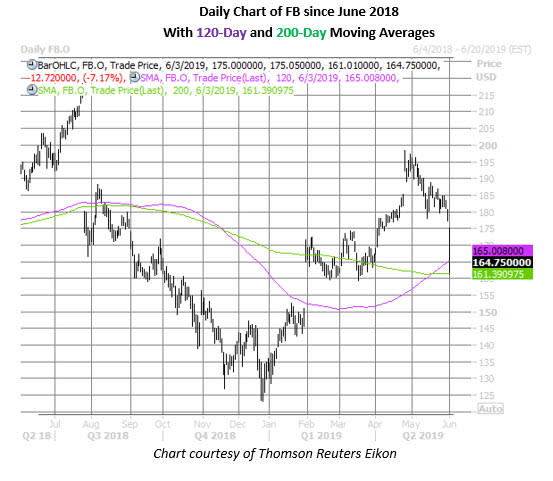Reg A+ Investing will become big in 2020 and beyond for public and private companies
Before 2015, a business looking to raise money had very limited options. The most common avenues were an initial public offering or raising capital privately. This left only seasoned companies and accredited investors to reap the benefits leaving a pool of investors.
The JOBS Act in 2012, rang in new era for companies and investors. Specifically, Title IV, known as Regulation A+, which is essentially a “Mini-IPO”. Reg A+ has opened opportunities for small-cap U.S. and Canadian companies looking to raise capital and investors looking for new access to pre-IPO investment deals.
The Benefits of Reg A+
In a Reg A+ offering, a company raises investment capital by creating a new class of stock that can be bought and sold on a secondary market (such as national exchange or OTC Markets) by the general public. The offering can also be combined with venture capital, allowing the company to create an even larger raise during the funding round.
A key feature of the Reg A+ process is the ability for companies to “test the waters”. This gives the company the ability to confidentially submit and offering circular to the SEC while also gauging potential investor interest to see if there is enough public interest to justify the offering.
THERE ARE TWO TIERS TO REG A+ OFFERINGS.
REG A+ TIER 1
Tier 1 Reg A+ offering, allows for companies to have a public offering up to $20 million in a 12 month period, no more than $6 million of which can be raised from affiliates of the issuer company. Reg A+ offerings as subject to both federal and state requirements, and there is no limit to how much any one investor can invest in the offering.
Furthermore, companies raising through a Tier 1 Reg A+ offering have to disclose and submit their financials for review, but are not required to continuously report them once the Tier 1 offering is complete.
REG A+ TIER 2
A Reg A+ offering have more stringent regulation that their counterpart. They allow for a company to raise up to $50 million in a 12 month period, not more than $15 million can be raised from affiliates of the issuer company.
Unlike Tier 1, the Tier 2 offerings are subject to federal review only, but they do require addition and ongoing reporting requirements such as audited financials with semi-annual and annual reporting. Furthermore, no investor or group can invest more than 10% of their annual revenue or net worth in a Tier 2 offering.
WHY WOULD COMPANIES FILE FOR A REG A + OFFERING
The process of setting up a Reg A+ offering is less complicated and more cost effective than a traditional IPO. This makes to appealing to small-cap, micro-cap market sized companies who wish to raise capital without going public.
Initially, Reg A+ offerings were only available to non-SEC reporting companies. However, in 2017, a provision was added allowing for SEC-reporting companies to raise capital through an online offer under Reg A+.
The new amendments to Reg A+ lower the barriers to entry for small-cap companies seeking public offerings. They also allow for added flexibility when structuring transactions – bridging the gap that exists between public and private offerings, reducing the costs and complexity of running a public entity.
SECURITY TOKEN OFFERINGS
Reg A+ offerings will also be the go to investment vehicle for STO (security token offerings), as more companies opt to raise through the new ICO compliant raising model.











